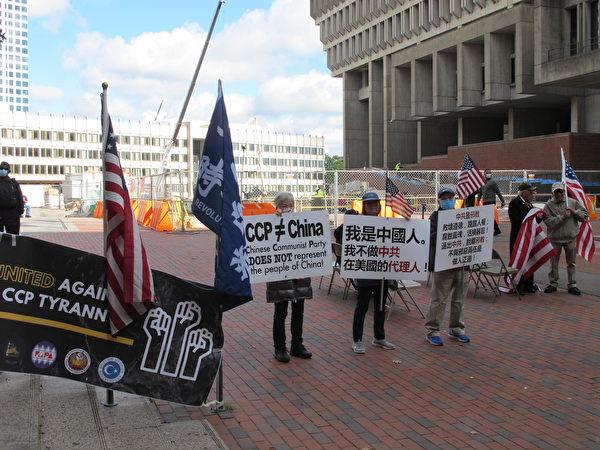Over the past 12 years there have been 284 flags—from LGBTQ rainbow flags, a Turkish flag with the Islamic star, to Communist China flags—raised on a public flagpole owned by the city of Boston.
But when a local civic organization proposed a Christian flag, officials from the city—known as the Cradle of Liberty—said “no”, making it the first time ever that a proposed flag was rejected for the pole.




